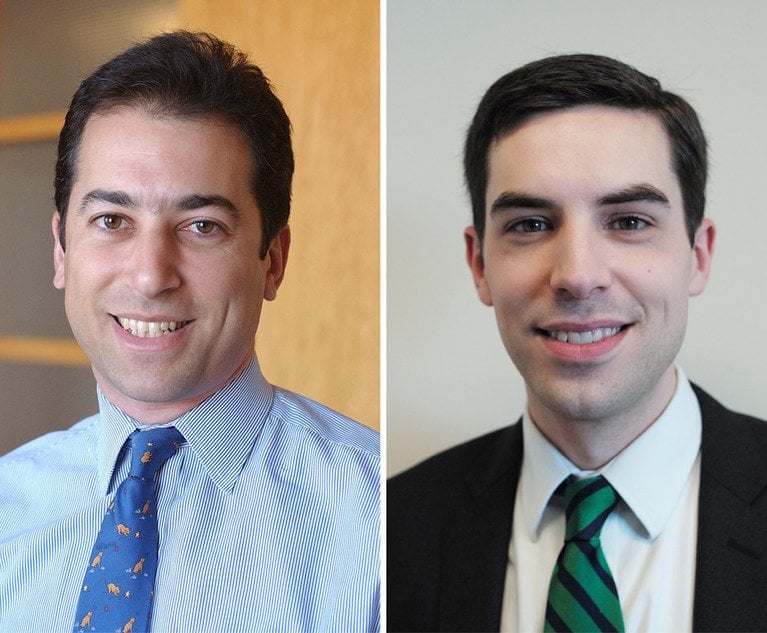Under the federal mail and wire fraud statutes, it is a crime to “obtain[] money or property by means of false or fraudulent pretenses, representations, or promises,” or to deprive someone of the “intangible right of honest services.” 18 U.S.C. §§1341, 1343, 1346. The scope of these prohibitions has expanded over time. This expansion has been met with infrequent, but significant, pushback from the courts. Perhaps most prominent is the line of Supreme Court decisions which initially resisted and later narrowed the scope of “honest services” fraud. See McNally v. United States, 483 U.S. 350 (1987); Skilling v. United States, 130 S. Ct. 2896 (2010); McDonnell v. United States, 136 S. Ct. 2355 (2016).
In Kelly v. United States, 140 S. Ct. 1565 (2020), the Supreme Court turned its attention to a fraud scheme premised on “obtaining money or property.” Id. at 1572. In that case, the Supreme Court rejected the government’s theory of “property.” A unanimous court held that a scheme was not intended to “obtain property” when its objective was to misuse government officials’ regulatory powers, or when monetary losses were “incidental,” and not the actual object of the scheme.


 Elkan Abramowitz and Jonathan S. Sack
Elkan Abramowitz and Jonathan S. Sack




